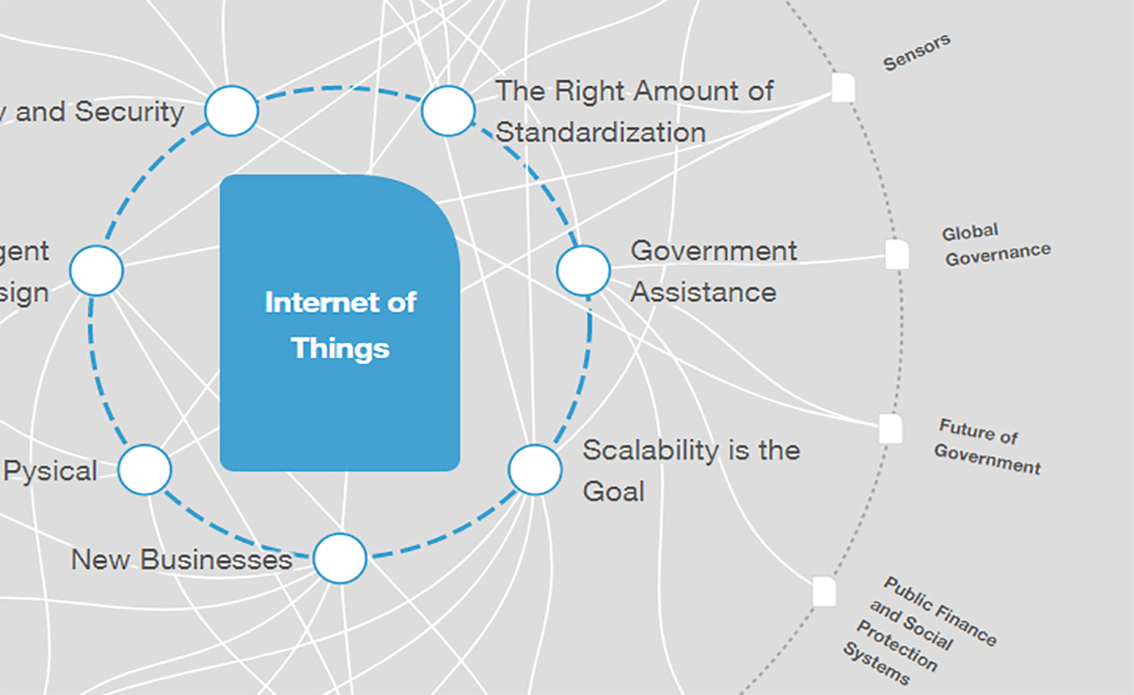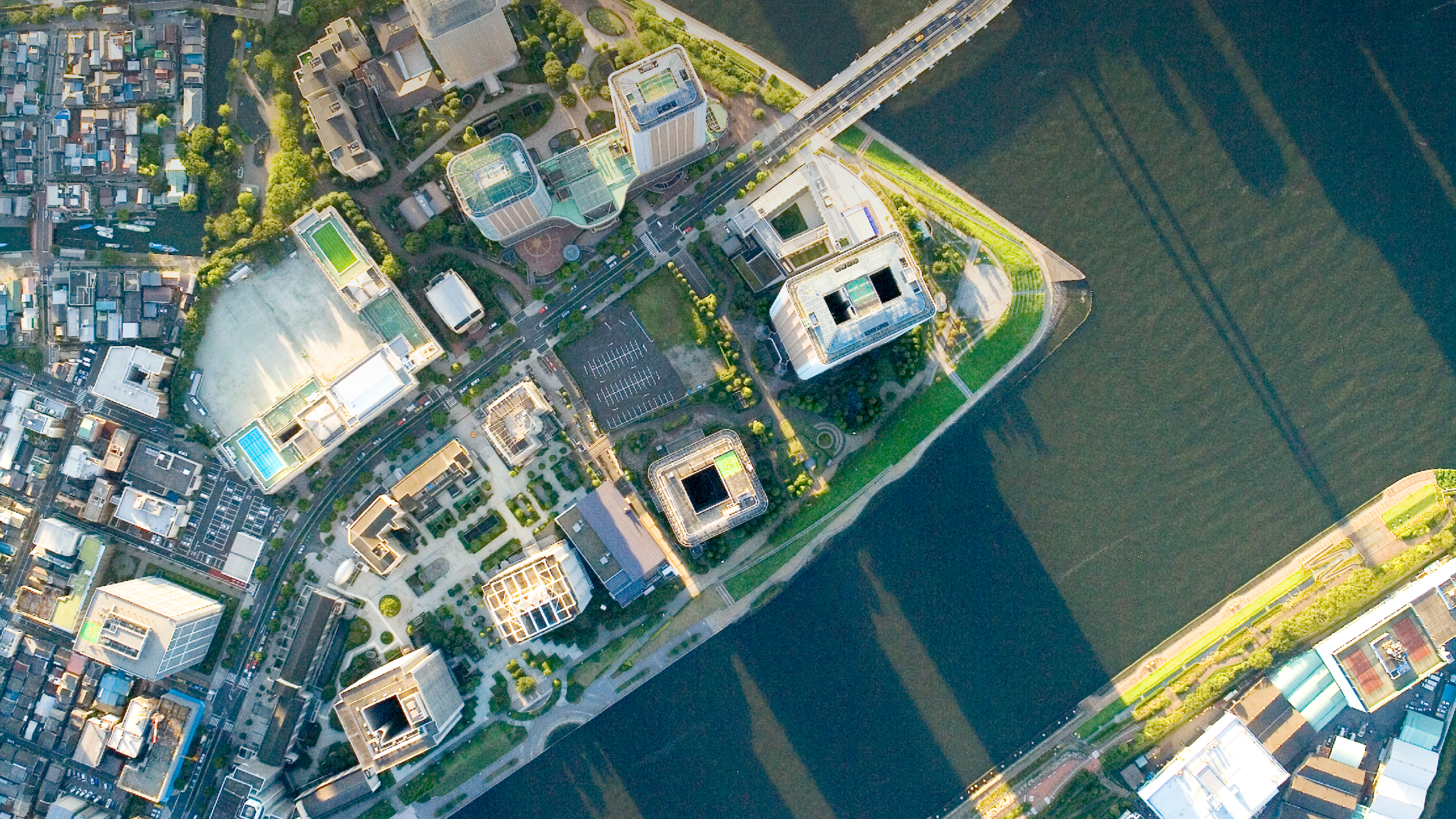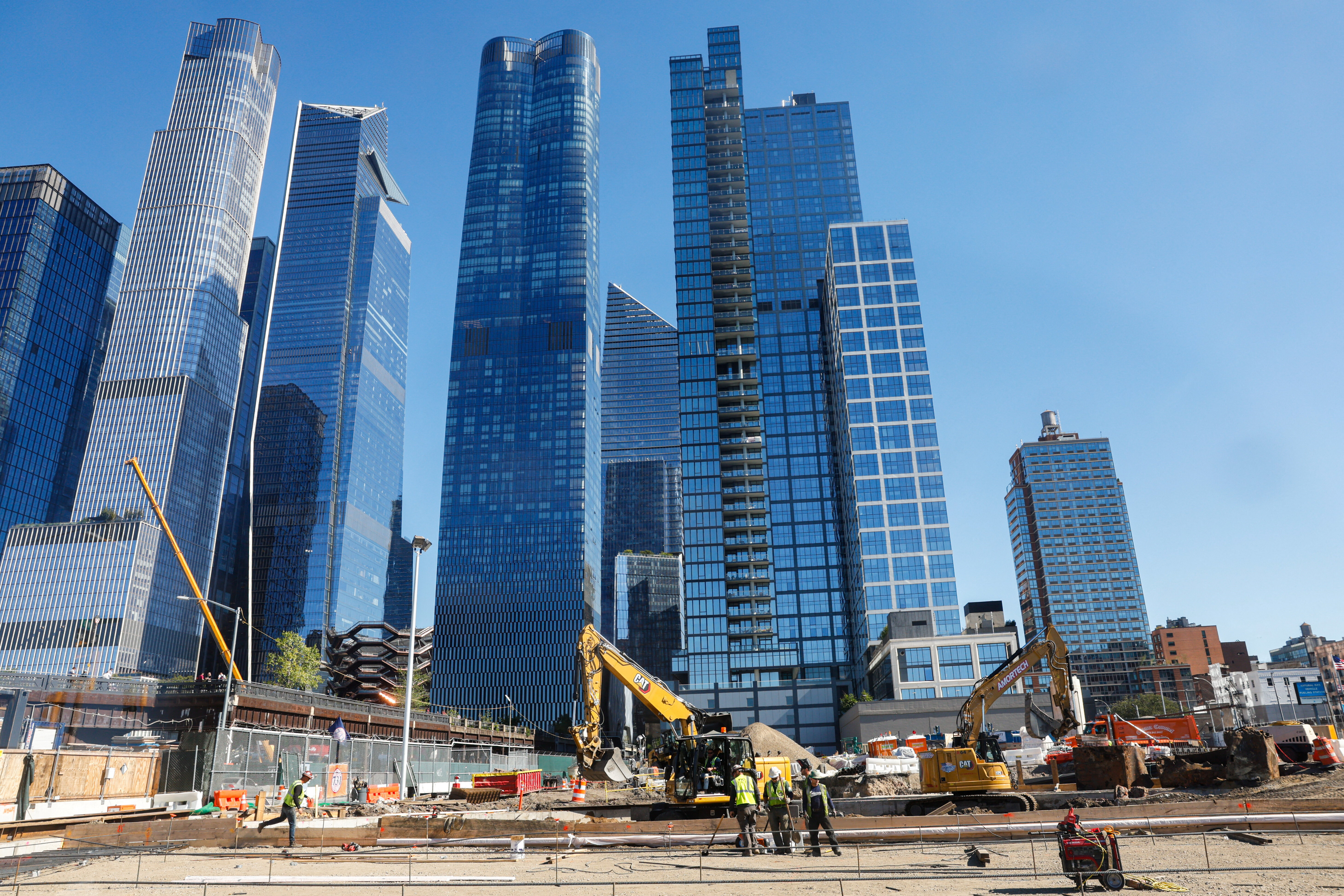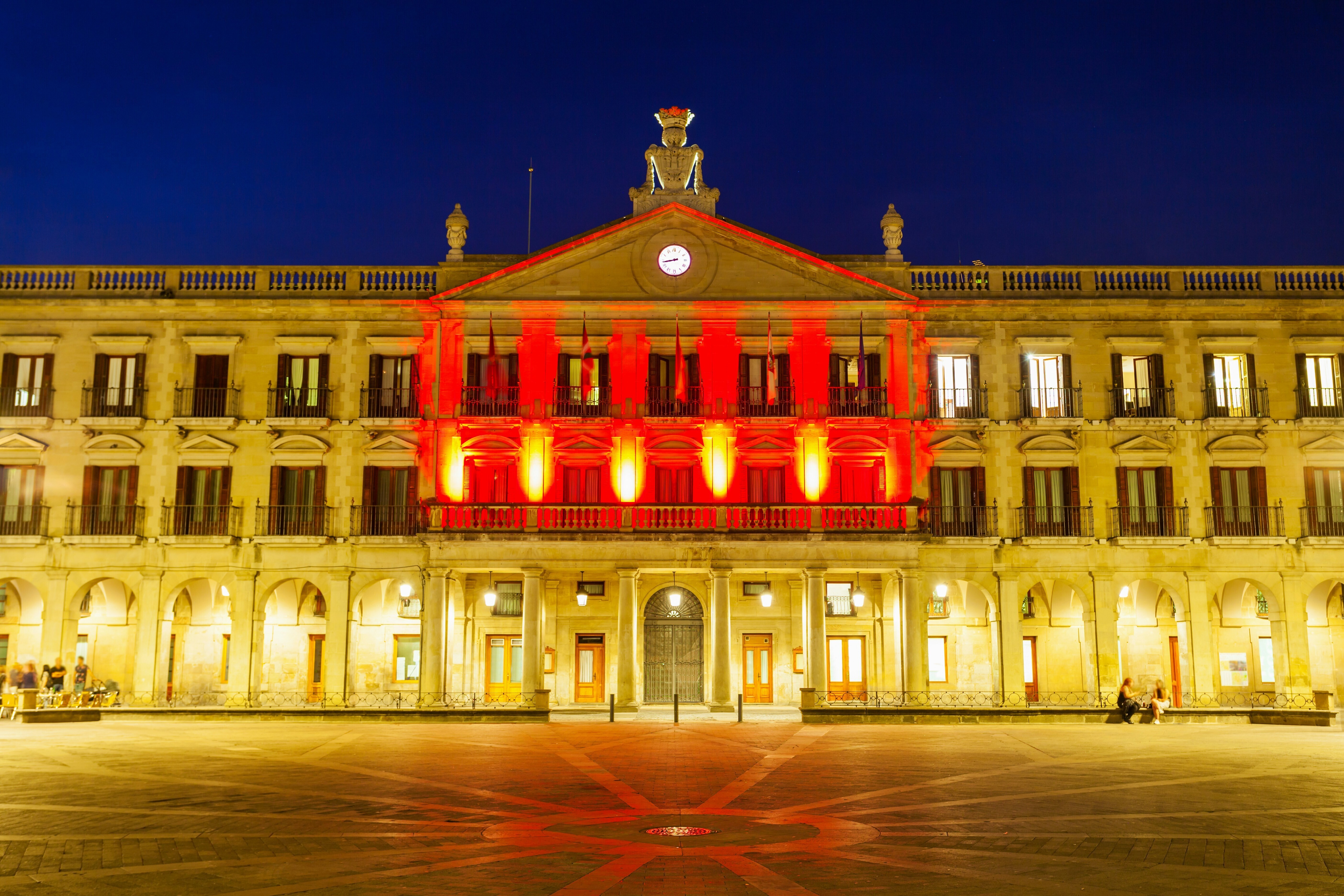How Japan is using technology for the 2020 Olympics

The 2020 Olympics will be a showcase of new technology. Image: REUTERS/Issei Kato
Autonomous taxis are set to shuffle visitors between the airport and sporting venues. Facial recognition will speed up security screenings for hundreds of thousands of athletes and staff. Automatic translation devices will be used to knock down language barriers.
Japan for decades has been a leader in technology and innovation. But with ever-growing competition from Silicon Valley and China, the Olympics is being seen as a platform for the country to go beyond quietly leading the tech charge, to putting everything it has on the global stage.
“The Olympics has created a focus point for a government really seeking to advance their science and technology agenda,” says Naoko Iwanaga from JLL Japan Research.
The commitment is clear. According to the Tokyo Metropolitan government, an estimated ¥5.61 trillion (US$51.4 billion) is being invested into redeveloping areas of Tokyo and specific technologies from 2017 to 2020. Between 2015-2017, more patents were filed in Tokyo than any other city in the world, according to JLL’s Innovation Geographies report.
The tech to expect
Tokyo-based firm NEC has developed face-recognition technology that takes only 0.3 seconds to complete. The aim is to help speed up security screenings for over 300,000 athletes and staff expected to attend. It will be the first time such technology has been used at an Olympics.
Japanese tech giant Panasonic is developing a live translation device that allows people to communicate instantly face to face, reducing the language barrier that many tourists experience in Japan.
“The Japanese government sees technologies like these as a means to create a smart city that can serve the world as an international financial hub even after the Olympics end,” says Iwanaga.
Driverless vehicles will also be part of the experience. The Japanese Government wants them to be fully functional in time for the Olympics, and commercialised for regular public use by 2022.
Japanese robotics company ZMP has started trials for an autonomous taxi service in Tokyo. The cars are being trialled between Tokyo Station to Roppongi, so they can be used for spectators and athletes at the games.
All Nippon Airways, one of Japan’s largest carriers, has also been conducting trials for a driverless bus service inside Tokyo’s Haneda Airport with aims to get the service running by 2020.
“In addition to being useful at the Olympics, the government and companies alike see autonomous systems as a solution to traffic congestion and accidents, making Tokyo more safe, efficient and convenient,” Iwanaga says.
Building a National Strategic Special Zone
As part of the Olympic redevelopment, the Yaesu district on the south side of Tokyo Station – one of Japan’s busiest rail hubs – is slated for redevelopment as a National Strategic Special Zone.
The area currently has many smaller, multi-tenanted buildings. But plans are for them to be redeveloped into high-rise office towers, improving Yaesu’s international competitiveness and matching the modern Marunouchi Business District on the opposite side of Tokyo station, Iwanaga says.
“The redevelopment of the Yaesu district will enhance competitiveness and attract talent and business globally, but also aims to improve connectivity to Tokyo Station,” she says.
Investing for long term
Alongside the innovation buzz, investment has become a talking point for the Japanese government and investors, both foreign and domestic.
In recent months, major Japanese investors such as KDDI, Toyota and Softbank Group have been investing heavily in tech entrepreneurship and venture capital sectors to drive innovation. Furthermore, Japanese companies such as JAL and Mizuho Bank have set up their own innovation centres to drive growth in the technology sector.
Foreign investment volumes have been growing, too, with ¥28.6 trillion (US$262 billion) of direct foreign investment in 2017, an increase of ¥300 billion (US$2.75 billion) from 2016. This put the country on track to meet Prime Minister Shinzo Abe’s goal of doubling foreign direct investment to ¥35 Trillion (US$320 billion) by 2020.
“Reforms for a data-driven society are being implemented to foster greater industry-academic-government collaboration, which would generate innovation for corporates and make the city more attractive for investors” says Iwanaga. “The hope is that the Olympics will bring about these changes even faster.”
Don't miss any update on this topic
Create a free account and access your personalized content collection with our latest publications and analyses.
License and Republishing
World Economic Forum articles may be republished in accordance with the Creative Commons Attribution-NonCommercial-NoDerivatives 4.0 International Public License, and in accordance with our Terms of Use.
The views expressed in this article are those of the author alone and not the World Economic Forum.
Stay up to date:
Internet of Things
Forum Stories newsletter
Bringing you weekly curated insights and analysis on the global issues that matter.








